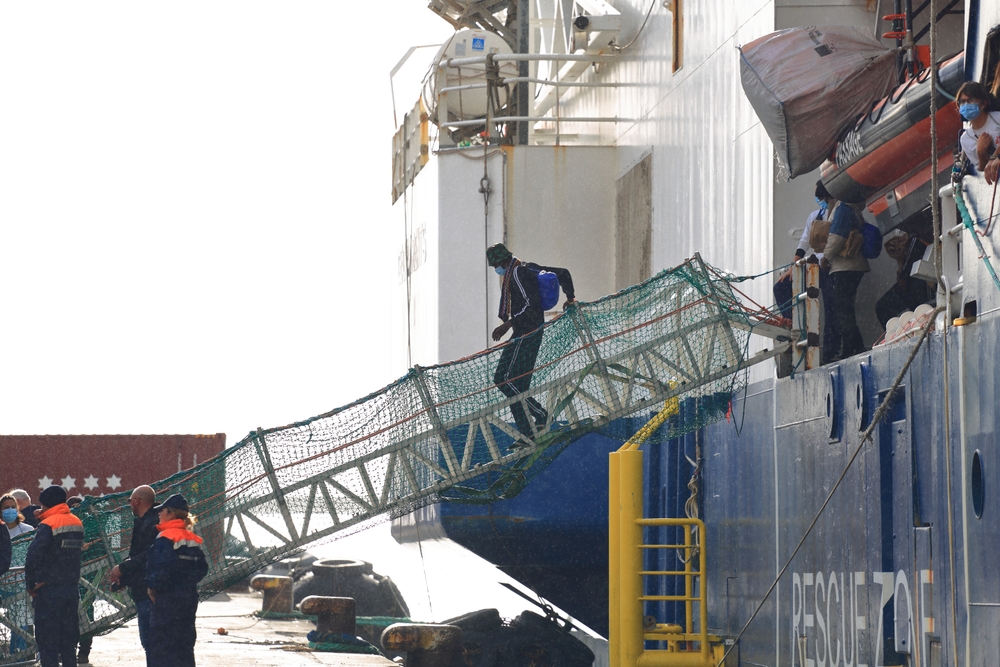The Italian Council of Ministers has approved a new decree-law establishing a list of “safe countries” for migrants, allowing expedited processing of asylum requests from citizens of these nations while they are detained. The specifics of the decree are yet to be released and have not been shared with attending journalists, raising concerns about transparency.
This list comprises 19 countries, closely mirroring a similar list approved earlier this year. By formalizing it through a decree-law, which carries greater political and institutional weight, the government of Giorgia Meloni aims to keep the recently opened migrant centers in Albania operational. These centers came into the spotlight following a recent ruling by a Rome court, which led to the release of 12 asylum seekers and their transfer to Italy, questioning the legality of detaining migrants from countries deemed “safe.”
The Rome court’s ruling drew heavy criticism from the government, which accused parts of the judiciary of undermining its political agenda. The court had ordered the release based on a recent European Court of Justice ruling that takes precedence over Italian law. However, it remains uncertain whether the new decree will effectively change the operational dynamics of the Albanian centers, which the Italian government has invested significantly in.
Under this decree, only countries that guarantee human rights and safety uniformly across their territories can be classified as “safe.” However, according to a recent ruling from the European Court of Justice, many nations on Italy’s list, including Egypt and Bangladesh, do not meet these criteria. As such, the legality of detaining migrants from these countries in Albania and subjecting them to expedited asylum processes is now in question, especially considering ongoing human rights violations agai

